Marla Spivak, a researcher, professor and extension worker at the University of Minnesota’s Bee Lab, is set to retire next December after 30 years at the University.
A world-renowned scientist and distinguished long-term professor, Spivak has been working with honey bees and beekeepers her entire life.
Spivak became interested in bees when she did college research on them at 18 years old. She said when she started, she would tell people she was interested in beekeeping, but they thought she said bookkeeping.
“I’ve just kind of always been interested in honey bees,” Spivak said. “All bees really.”
Spivak’s trajectory into academia was different from others because she was beekeeping and took time off after getting her bachelor’s degree to travel and live in South America, working for other bee researchers when she finally went to graduate school.
“My goal was not to become a professor, that’s not what I was aiming ever to do,” Spivak said.
She became a professor, becoming affiliated with the University in 1993. Spivak said her responsibilities at the University are a three-way split between research, teaching and working at the extension.
According to Spivak, she works on trying to ask questions with practical applications for bees and beekeepers that allow her to communicate findings to beekeepers and students through teaching and extension.
Spivak started the Bee Squad in 2010, a program that takes the Bee Lab’s research and extension findings and communicates them to the public while doing educational and outreach programs.
“We’re functioning as a really big cohesive unit between the native bees and the honey bees and the extension people and the Bee Squad,” Spivak said.
Spivak said honey beekeeping has become increasingly popular, including the Bee Lab and Bee Squad’s work with corporations, businesses and the public. She added honey bees can act as a portal or a door into larger, broader issues.
“The best way to help honey bees, because they have some health problems, is not to be a beekeeper, it’s actually to put in habitat to support their nutritional requirements,” Spivak said.
Honey bees allow workers at the Bee Lab and Bee Squad to educate people about planting habitats and connecting the bees to broader issues being studied, something Spivak said has been her and the lab’s focus.
Challenges Spivak said she has faced include the colony collapse disorder in 2006 along with the pesticides, diseases, human-altered environments, climate changes and other things being mirrored by what is happening to the bees.
Spivak said the construction of the Bee Lab building on the St. Paul campus is among her favorite memories. While she had an office in the entomology building previously, Spivak said they had been working out of a “dilapidated garage building” which was condemned by the University in the late 90s.
“We were just doing research out of this shack, basically, and I was pushing trying to get a new lab built,” Spivak said.
Bee Squad Director Jessica Helgen, who used to work in the old honey house garage, said it is wonderful to work in the new lab.
Helgen started working for Spivak at the Bee Lab in 2006 as a technician. When the Bee Squad started, Helgen and two other beekeepers started as the first team members of the squad.
According to Helgen, she learned everything about beekeeping from Spivak, who was really supportive.
“She’s the kind of person you can make mistakes around and then you’ll end up learning from them,” Helgen said.
Helgen remembers cleaning the glass walls of the observation hives one time when the glass slipped and “smashed everywhere.”
“It was right as Marla was about to walk into the room and so she walked in and I had bees flying everywhere and glass on the floor and she had such a kind attitude about it,” Helgen said.
According to Helgen, Spivak cultivates an attitude and environment in the lab where everybody is learning together and it is acceptable to ask questions and make mistakes.
Spivak built a program so people all around the world recognize the University’s Bee Lab as a leader in queen breeding and honey bee research, Helgen said.
“She’s never been pretentious about it, she’s just always happy to talk to everybody and meet people,” Helgen said. “That’s been a great example for us too.”
Ben Ziegler, a researcher at the Bee Lab who has been working directly with Spivak for two years, said it always amazes him how far-reaching Spivak’s plans are and how she can rethink a situation on the fly.
“The whole point of her doing all this … is she really wants to help and get something better than what we currently have in the hopes of making change,” Ziegler said.
According to Ziegler, Spivak is genuine and personable but in this business, she is kind of “the movie star.”
Ziegler remembered a time when the lab had a project in southern Minnesota for a couple of days, and Spivak and her husband came with him. He said they were just moving equipment around, but Spivak and her husband worked with them and even made them dinner at the end of the day.
“Her and [her husband] made us all dinner and made us feel extremely at home,” Ziegler said. “She is a caring person and kind of a superstar all at once.”
Spivak said she may have gotten recognition in terms of the MacArthur Fellowship in 2010, the McKnight Distinguished Professor and even having a sweat bee, Lasioglossum spivakae, named after her, but it is more about the bees.
“It’s never been about me,” Spivak said. “I somehow got some recognition, but I will admit it’s a little bit uncomfortable because what I’d really like people to be focusing on are the bees and these broader issues.”
Nelson Williams is a honey bee health field specialist at the University. Coming to the lab in 2019, Williams said he has learned a lot about honey bee biology being at the lab.
“The biggest thing about Marla is when I first came up here, I didn’t know anyone, didn’t know my way around the cities, anything like that,” Williams said. “She really took the time outside of work to get to know me.”
Many labs will close when professors retire, but Spivak is actively fighting that, Williams said.
According to Williams, it is important the University knows what Spivak built, and they should focus on keeping the lab and research going.
To ensure the continuation of the Bee Lab, Spivak and the lab are working on getting an endowed chair. The $5 million payout of the endowed chair will be able to support salary, infringe and provide a little extra money for a new professor in perpetuity, Spivak said.
The Bee Lab has raised two-thirds of the $5 million, hoping to raise the rest by next July.
“This completion of many things, so there’s a building and there’s all these people in the buildings, and great programs, and then we’d be able to have a professor that can move honey bee research in new directions into the future,” Spivak said.
Williams said it is important for the University to prioritize finding a replacement professor who is going to continue to support honey bee health and the research.
“It would be a shame if the chair is not endowed because there’s been too much work, too much passion that’s been poured into the honey bees, this lab, the space, the apiaries, our partners, to have that all just kind of whittle away,” Williams said.
Spivak said people can help in many ways including with support for the endowed chair and by planting the flowers bees enjoy.
“If you’re able to plant some flowers that bees like in a pot on your balcony, at your dorm, outside your dorm, a little flower patch, a garden or a huge meadow or huge tracts of land at any level, you are doing your part,” Spivak said.
The Bee Lab website has many pollinator toolkits and resources, so someone does not have to be a beekeeper or know all the names of the native bees, Spivak said.
“We don’t have to take on the whole world, we just have to do a little bit, what we all can, and that’s exactly what the honey bees do,” Spivak said. “They just do a little bit and these huge, emergent beautiful properties happen from there.”
Now that Spivak will be retiring next year, she said she is looking forward to not having to consistently plan different things.
“It’s not that I’m tired of the job or anything,” Spivak said. “I’m almost 70 and it just feels like I still feel young and healthy and I can still have a whole ‘nother life and I’m just ready to move on.”











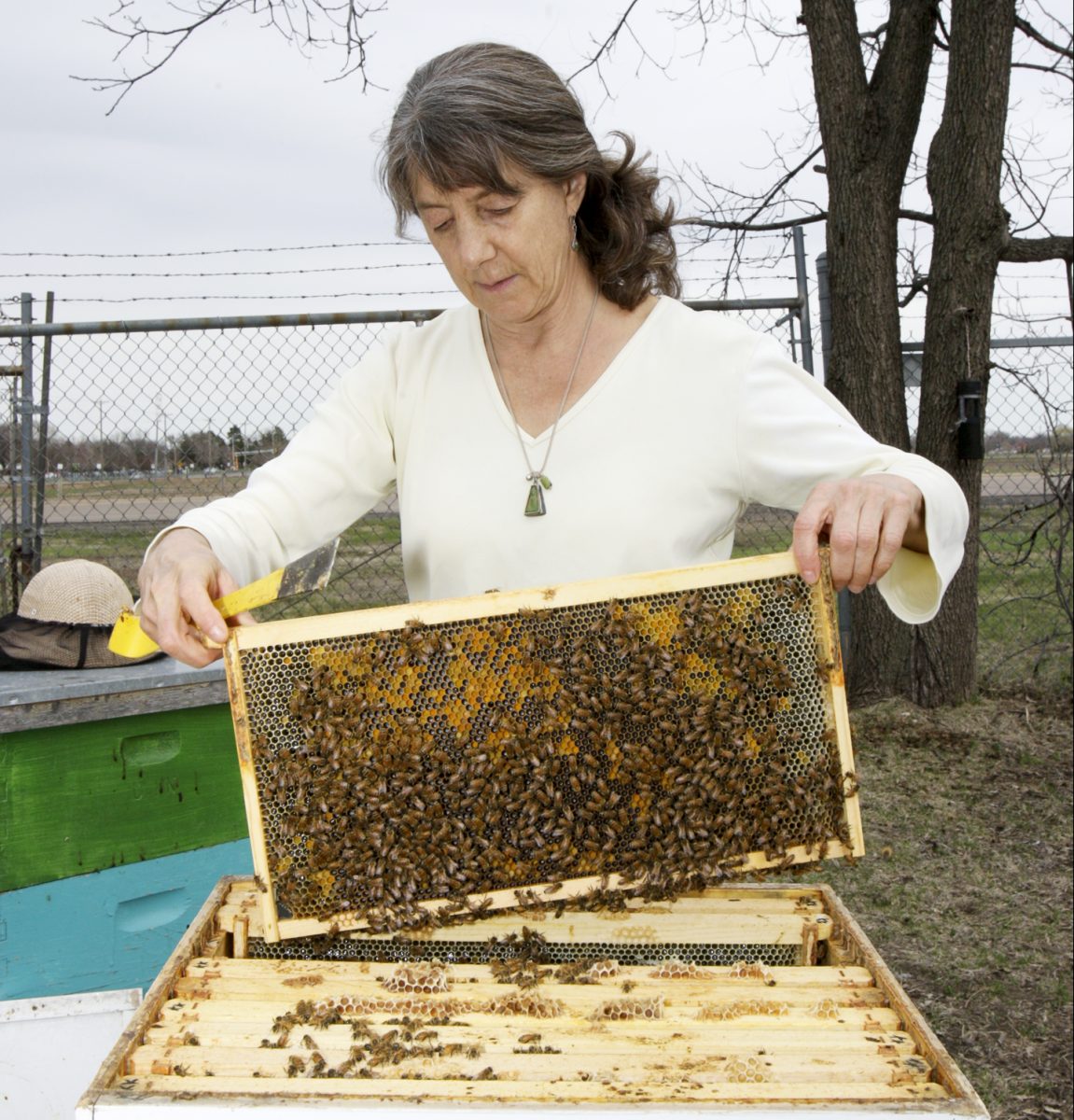

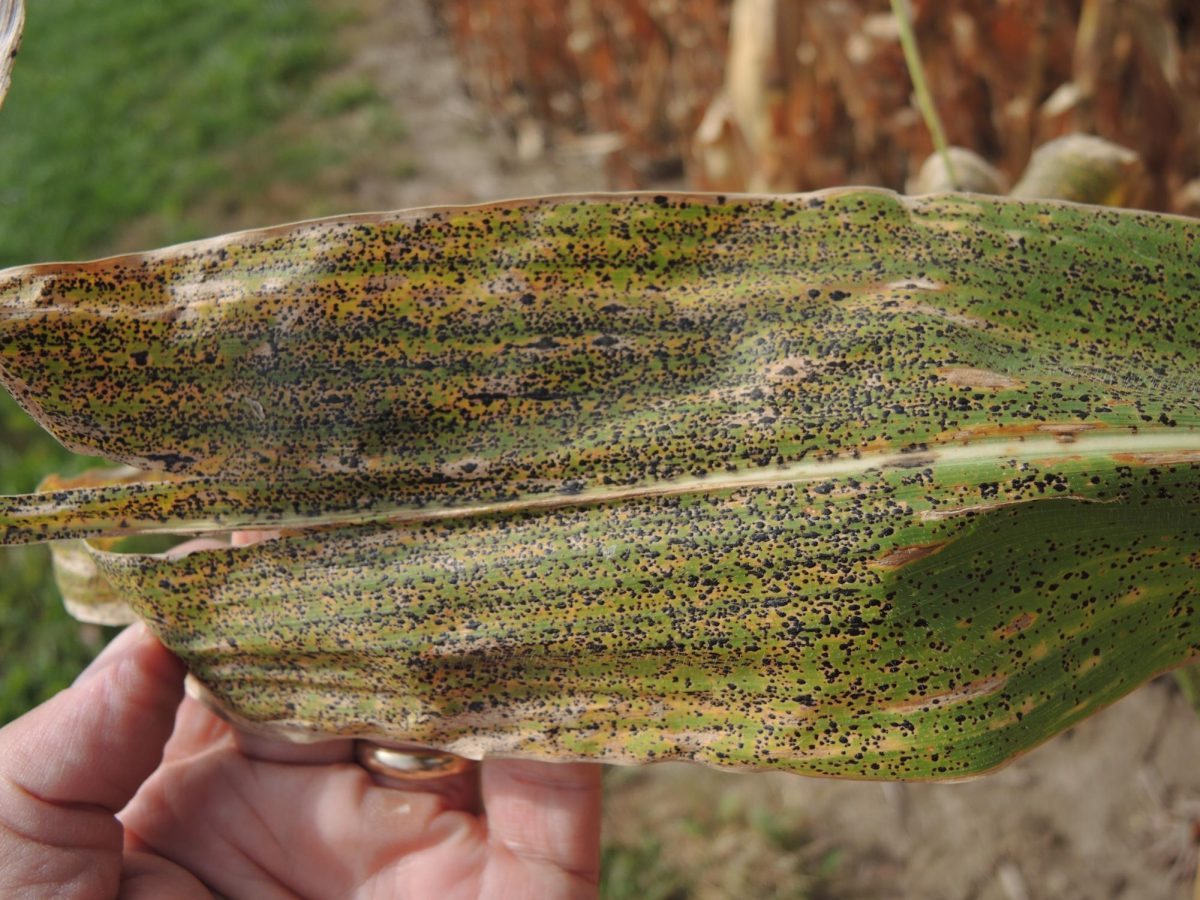
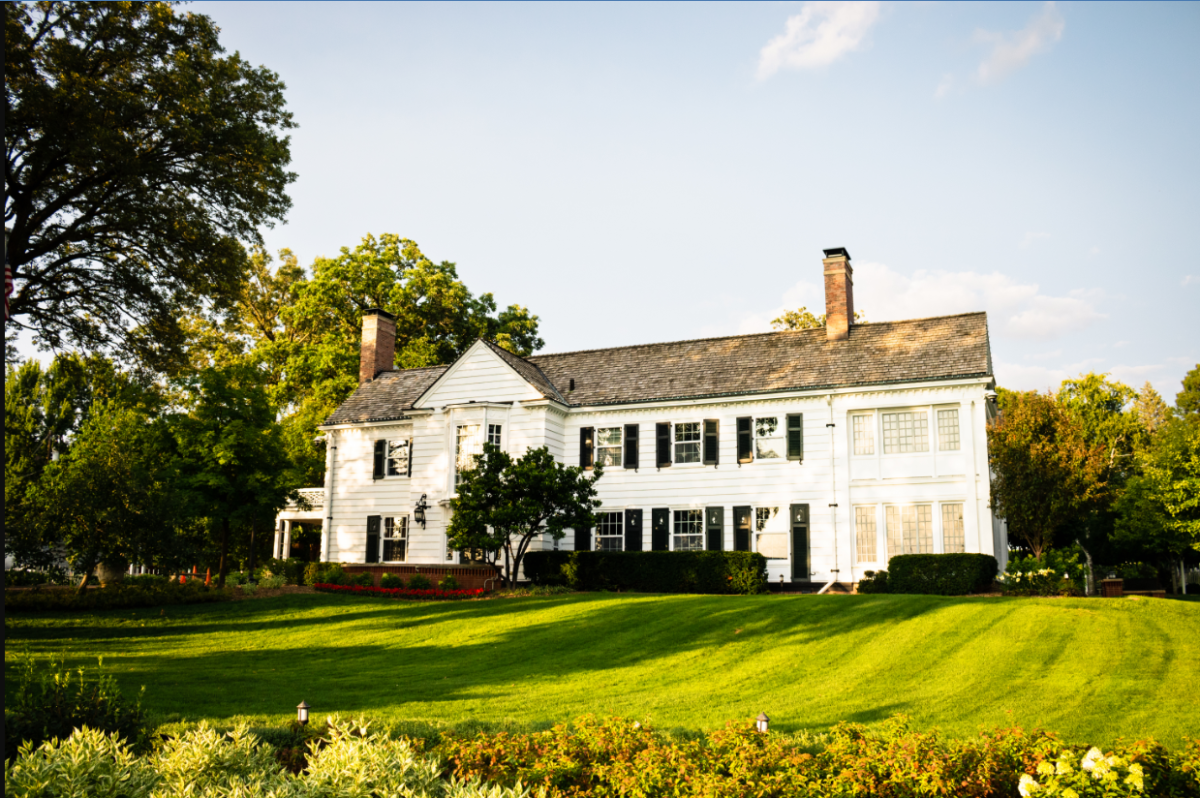

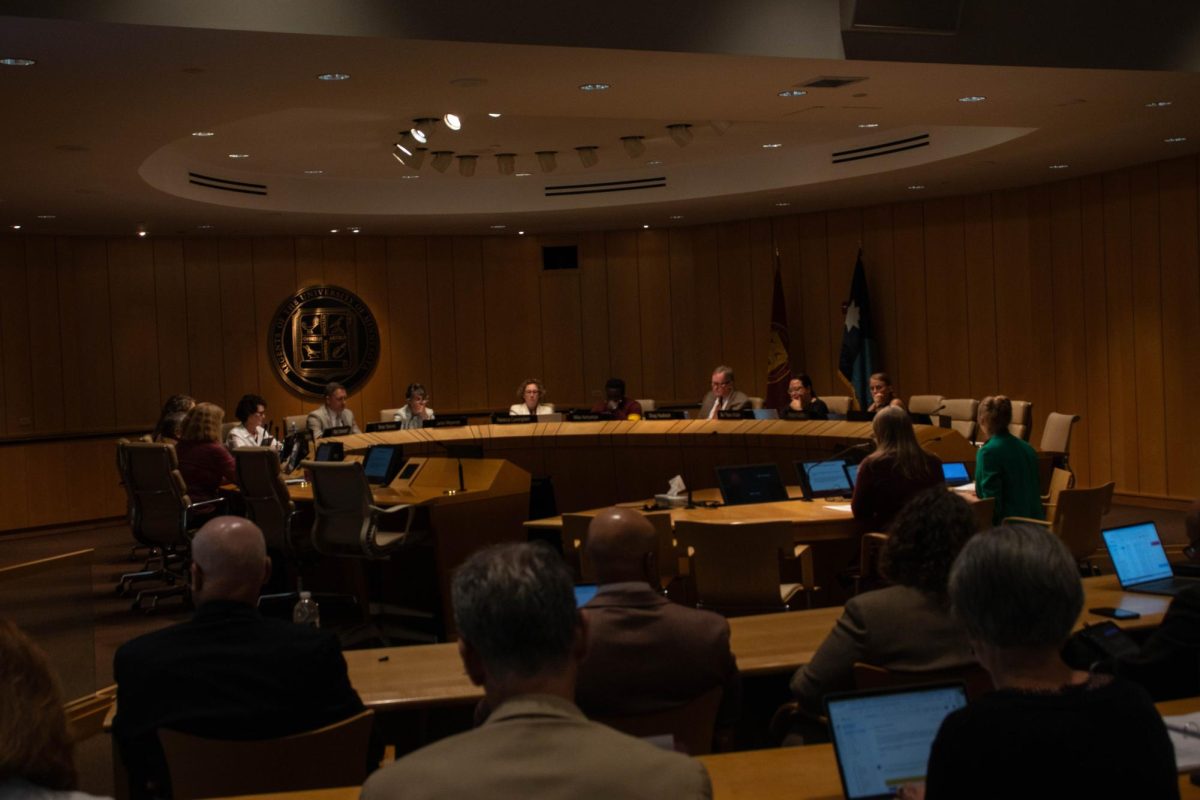
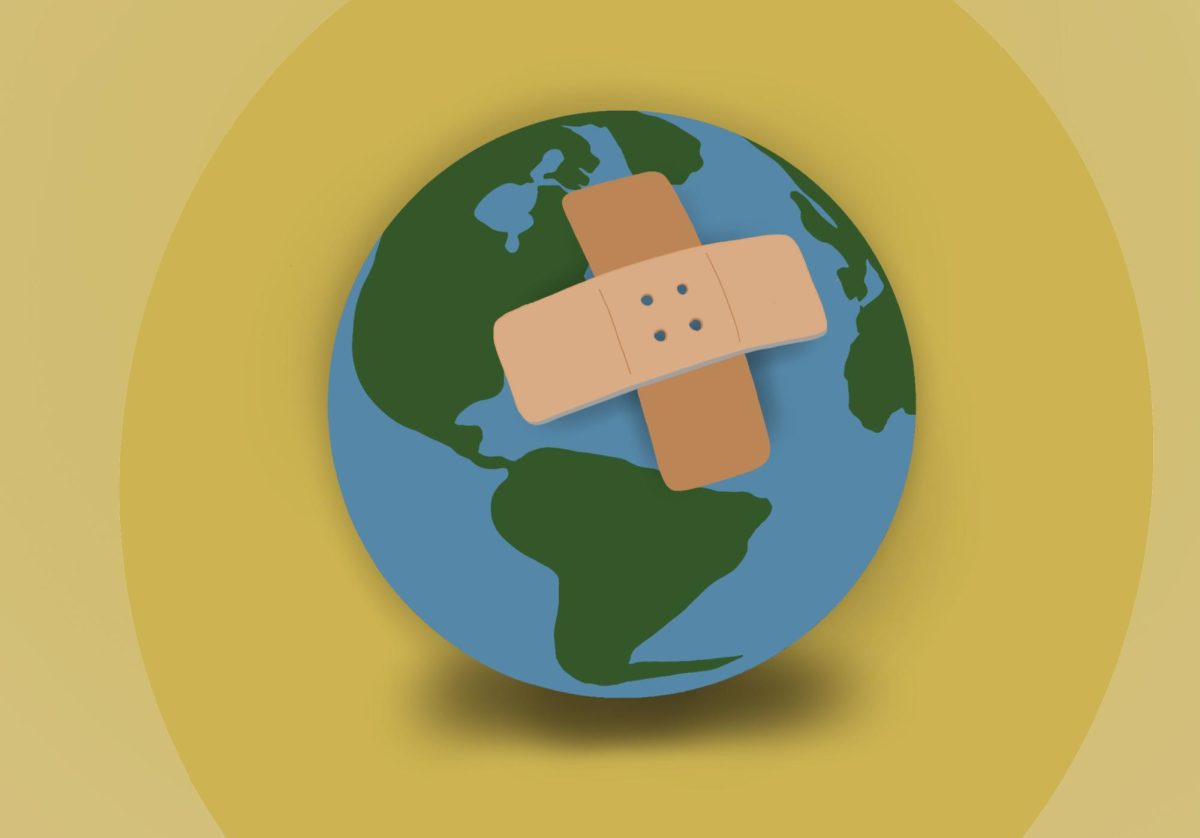

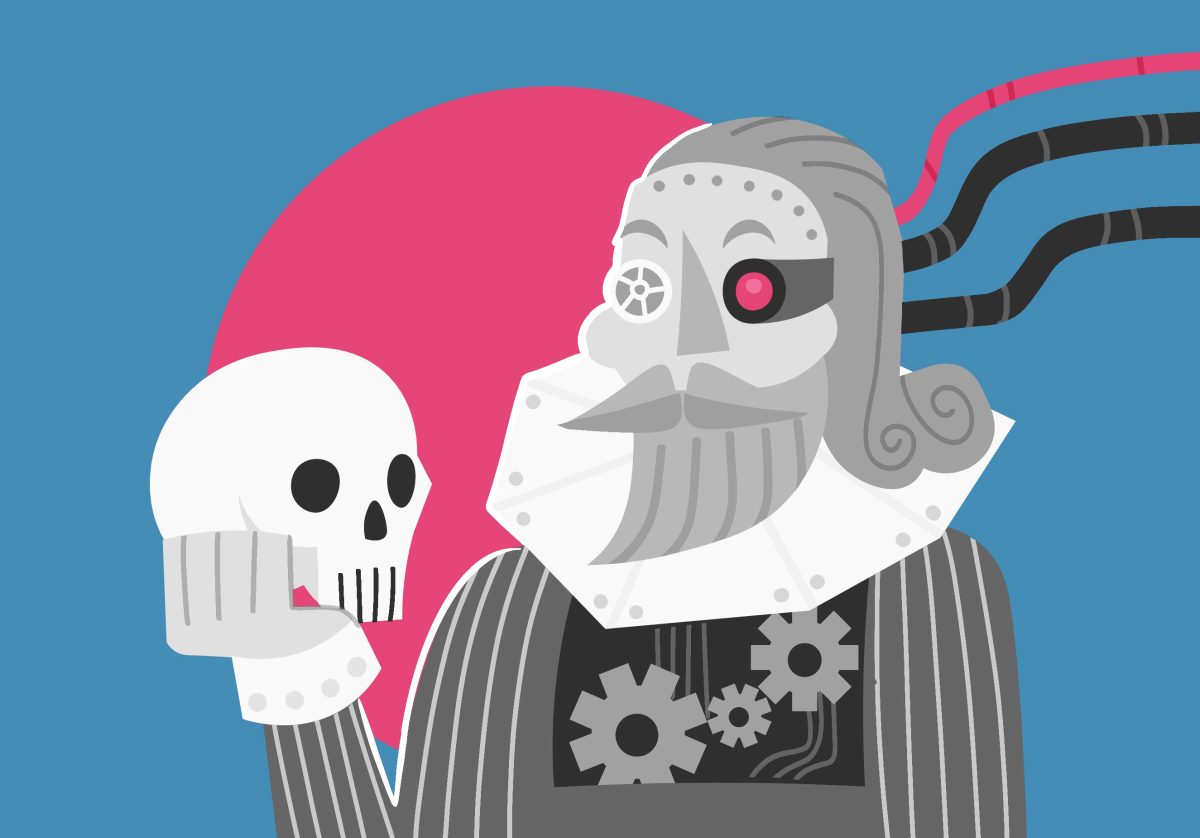
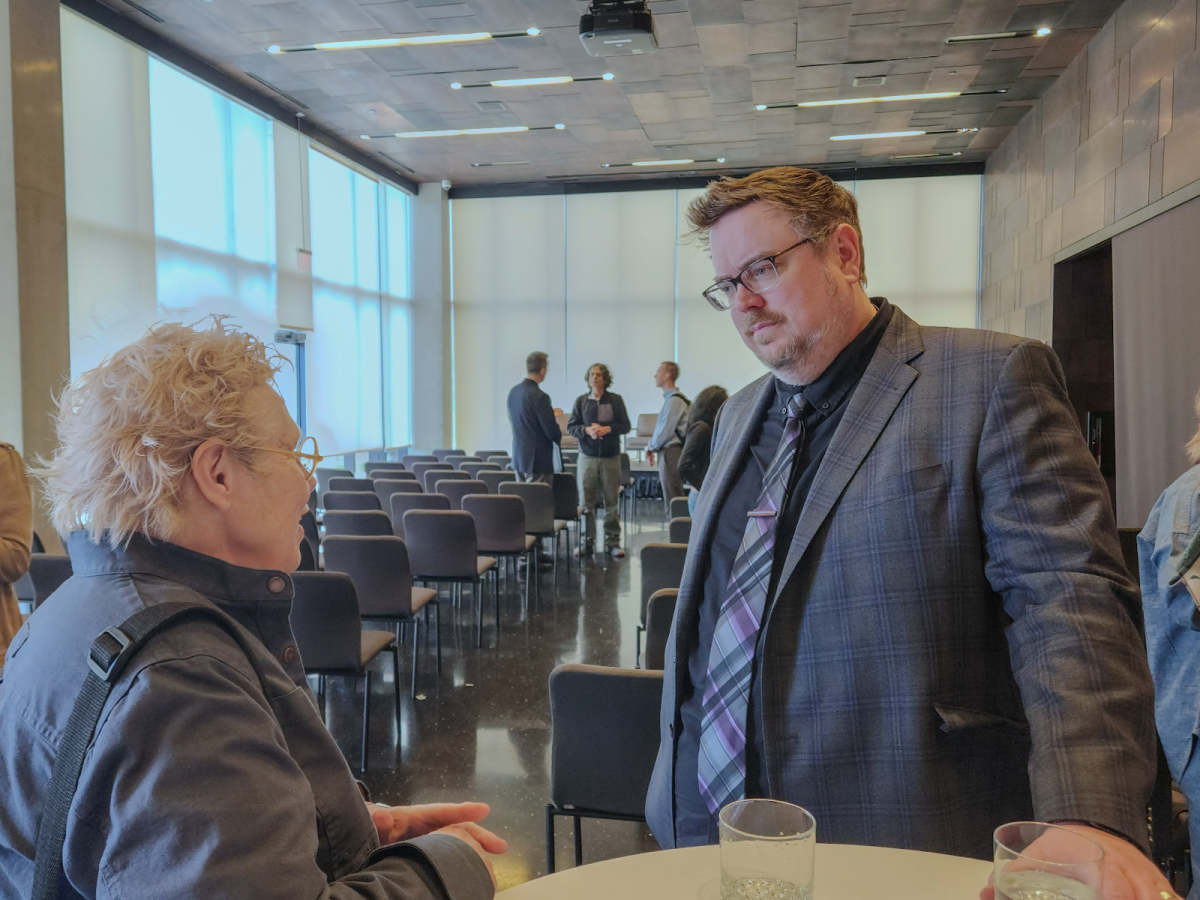


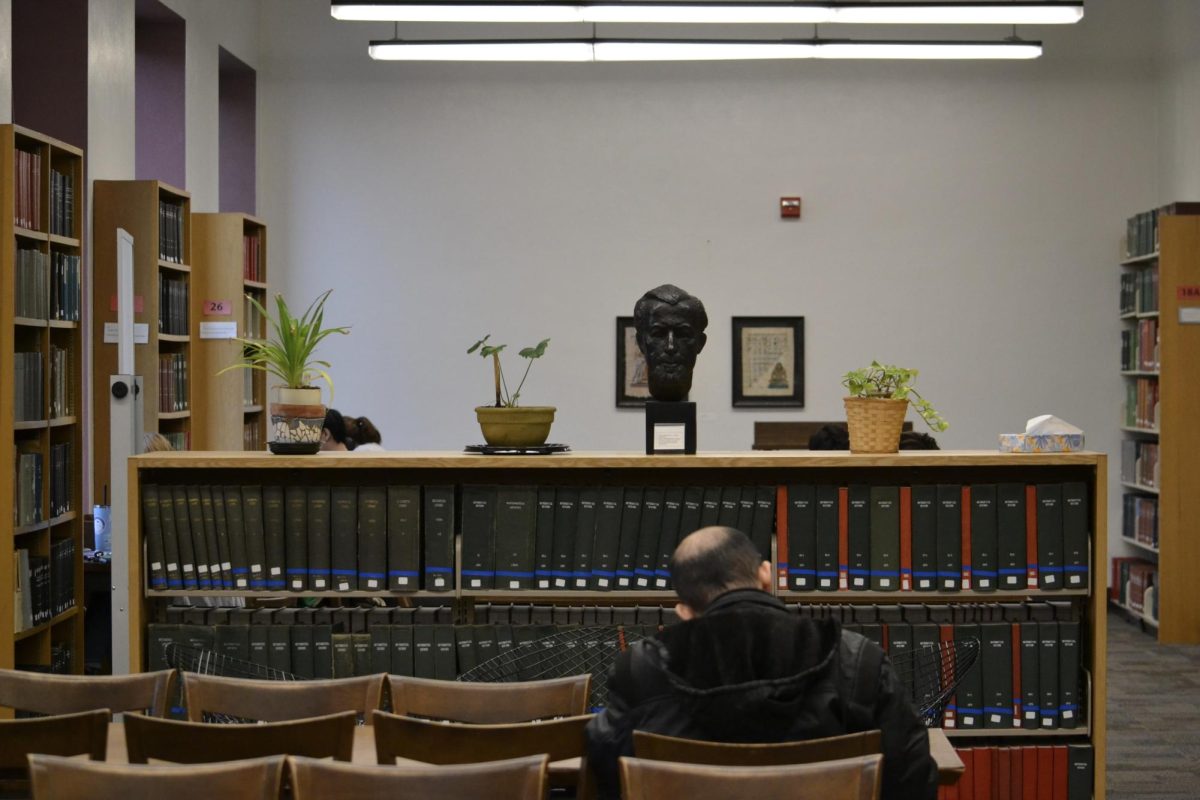

Diane Hofstede
Dec 30, 2023 at 5:21 pm
With Dr Spivak’s help, as the Third Ward City Council Member, I introduced the first ordinance in the City of Minneapolis to allow bee keeping in Minneapolis. Other jurisdictions and the State of Minnesota recognized the importance of her scientific research and followed suit. Dr. Spivak is a world wide recognized scientist. She and her supporters have made a difference in the world! Thank you!! Sincerely, Diane Hofstede